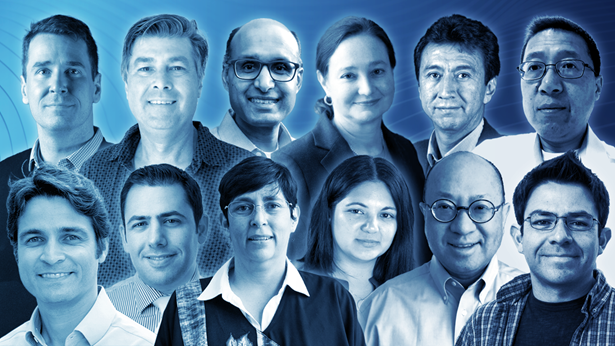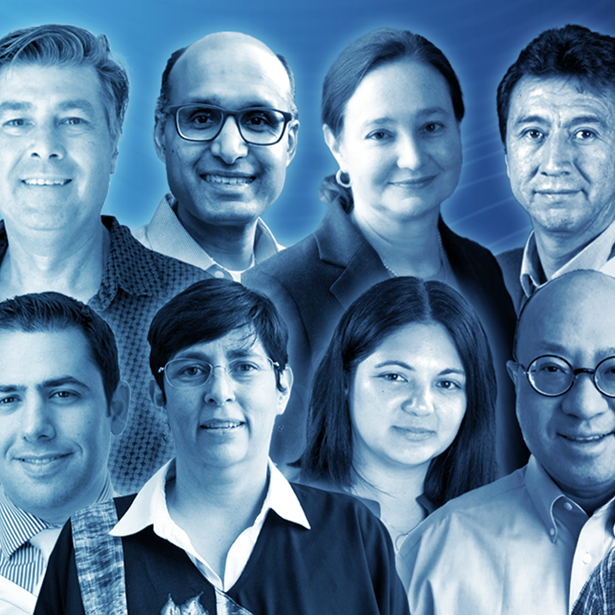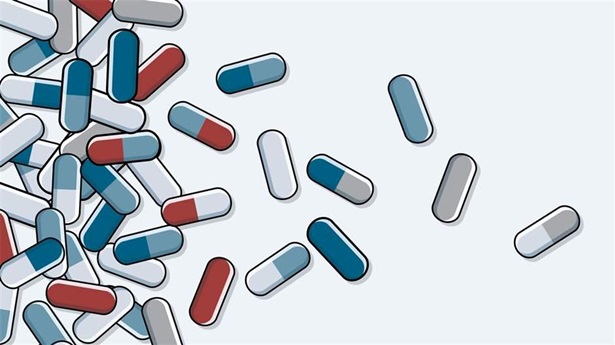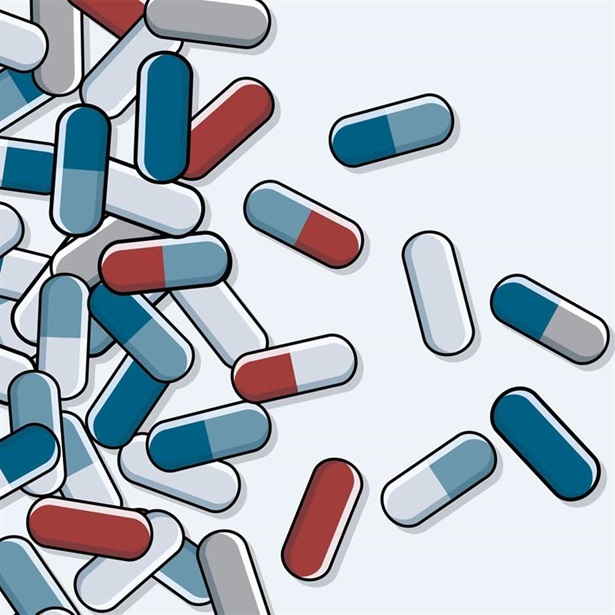Pew Funds Six Teams to Research Leading Questions in Biology and Disease
PHILADELPHIA—The Pew Charitable Trusts announced today the six pairs of researchers who will probe leading questions in biology and disease as Pew’s 2022 class of Innovation Fund investigators.
The scientists—alums of Pew’s biomedical programs in the United States and Latin America—will look to advance scientific discovery and improve human health by drawing on their expertise in subjects ranging from molecular biology and neuroscience to genetics and biochemistry.
“Collaboration and creativity drive all scientific innovation,” said Molly Irwin, vice president for research and science at Pew. “Together, these investigators are working to understand some of health and medicine’s biggest mysteries, and Pew is proud to support them.”
For more than 35 years, Pew has encouraged collaboration among its diverse community of biomedical scientists, leading to the 2017 launch of the Innovation Fund. The fund, which is supported by the Kathryn W. Davis Peace by Pieces Fund, aims to promote creative and cross-disciplinary partnerships among alums of Pew’s biomedical scholar and Latin American fellow programs, with all holding assistant professor positions or higher eligible to apply.
This year’s Innovation Fund teams and research projects are:
- P. Todd Stukenberg, Ph.D., 2001 Pew biomedical scholar; University of Virginia School of Medicine
- Hui Zong, Ph.D., 2008 Pew biomedical scholar; University of Virginia School of Medicine
Stukenberg and Zong will develop a new mouse model that better represents the way human cancers develop.
- Sarah A. Woodson, Ph.D., 1993 Pew biomedical scholar; Johns Hopkins University
- Christian M. Kaiser, Ph.D., 2015 Pew biomedical scholar; Johns Hopkins University
Woodson and Kaiser will study how repeat RNAs and their complexes with proteins cause neurotoxicity and neurodegeneration.
- David G. Mendoza-Cózatl, Ph.D., 2006 Pew Latin American fellow; University of Missouri
- Clarissa J. Nobile, Ph.D., 2015 Pew biomedical scholar; University of California, Merced
Mendoza-Cózatl and Nobile will study how plants and microbes interact in the context of iron uptake and utilization.
- Susana Castro-Obregón, Ph.D., 1998 Pew Latin American fellow; Universidad Nacional Autónoma de México
- Ivan Velasco, Ph.D., 2000 Pew Latin American fellow; Universidad Nacional Autónoma de México
Castro-Obregón and Velasco will explore the protective mechanisms against aging in naked mole rats and Mexican axolotls.
- Rajat Rohatgi, M.D., Ph.D., 2010 Pew biomedical scholar; Stanford University
- Ethan Lee, M.D., Ph.D., 2004 Pew biomedical scholar; Vanderbilt University
Rohatgi and Lee will investigate the regulation of the APC protein and its interacting proteins in colorectal cancer.
- Mikhail G. Shapiro, Ph.D., 2016 Pew biomedical scholar; California Institute of Technology
- Michael M. Halassa, M.D., Ph.D., 2017 Pew biomedical scholar; Massachusetts Institute of Technology
Shapiro and Halassa will explore the connection between two areas of the brain—the prefrontal cortex and the mediodorsal thalamus—in modulating decision-making in patients with schizophrenia.
The Pew Charitable Trusts is driven by the power of knowledge to solve today’s most challenging problems.













